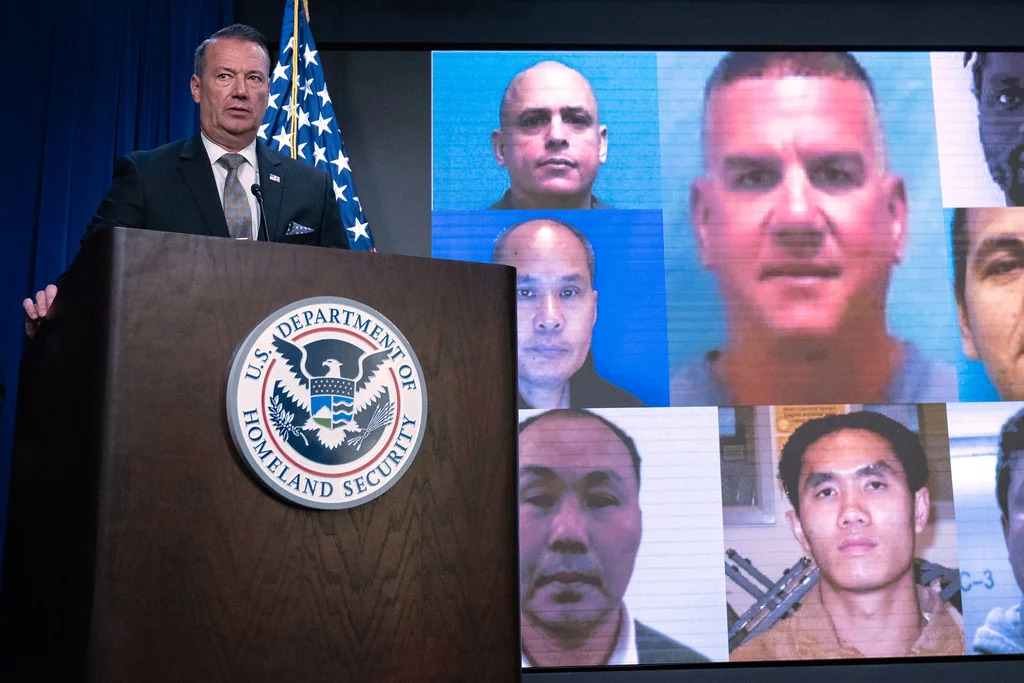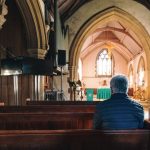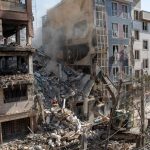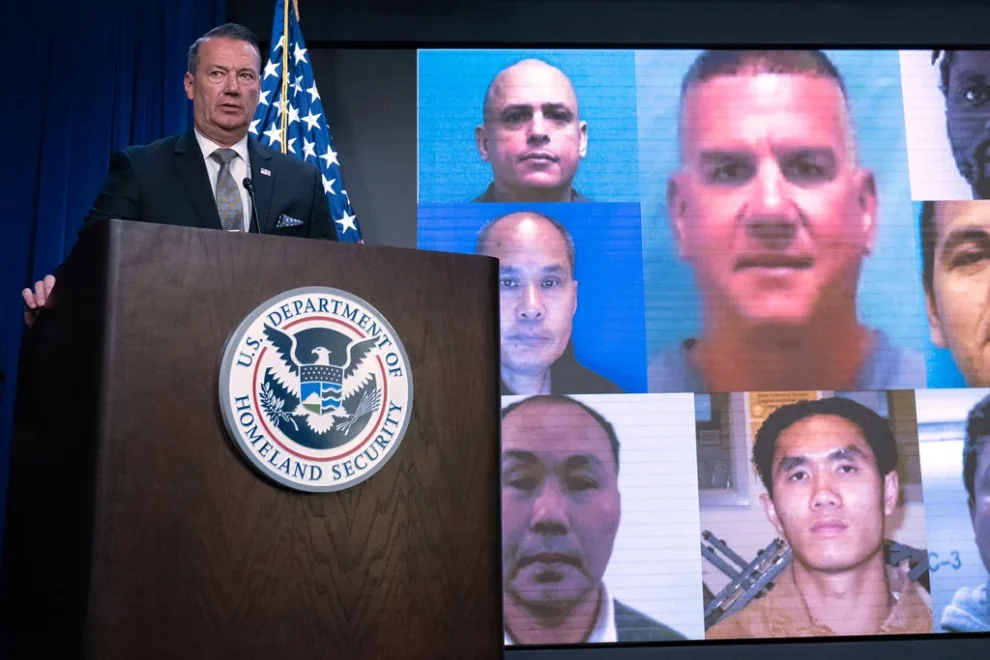A federal judge in Washington, D.C., temporarily blocked the Trump administration on Friday from deporting eight foreign nationals to South Sudan, just days after the Supreme Court sided with the administration in a related deportation case.
U.S. District Judge Randolph Moss issued an administrative stay on the morning of July 4, barring the Department of Homeland Security from “moving, transferring, or removing” the eight men while the court considers a new constitutional challenge to their removal. This marks the third time the removal efforts have been delayed by lower court intervention after the Supreme Court has twice said the removals can take place.

The decision came in response to an emergency habeas petition filed Thursday evening in Phan v. DHS, which argues that sending the men to the war-torn African nation would amount to unlawful punishment in violation of the Fifth, Sixth, and Eighth amendments.
A hearing began at 12:30 p.m. on Friday despite the federal holiday, underscoring the urgency of the legal dispute. The case represents a new front in the broader legal fight over so-called third-country deportations, which allow the United States to remove people to nations other than their home country or one in which they have lawful status.
Moss expressed concerns about allowing the criminals to be sent to a third country due to vagueness surrounding the Supreme Court’s past two orders, yet he was also concerned that the case should be handled in Massachusetts rather than his court.
Following the afternoon hearing, he granted a one-hour stay to give counsel for the criminal defendants time to file their emergency petition in Massachusetts.
The Justice Department argued the latest filing was “an abuse of process,” referencing a recent Supreme Court order that allowed deportations to South Sudan to proceed without additional due process hearings. But Moss appeared skeptical, noting that the new habeas action raises distinct constitutional claims from those previously addressed by the high court.
“The precise basis of the legal claim” differs from the third-country removals litigation pending in Massachusetts, the DOJ attorney conceded during the hearing. The DOJ also said a flight is scheduled for 7 p.m. on Friday to take the men to South Sudan and that the government is willing to appeal to the Supreme Court again if need be.
Moss is weighing whether to transfer the case to Massachusetts, where the class-action lawsuit over third-country removals originated, or allow the D.C. court to decide the merits of the new constitutional challenge.
The petitioners argue the Trump administration’s deportation plan is not merely an immigration enforcement matter but a form of punishment that should be subject to heightened constitutional scrutiny.
The case comes just over a week after the Supreme Court lifted an injunction issued by Massachusetts-based U.S. District Judge Brian Murphy, an appointee of former President Joe Biden who previously blocked the administration from conducting swift deportations to South Sudan. Murphy subsequently issued an order saying his halt on deportations for the eight migrants still stands even after the high court lifted his broader decision.
Then, on Thursday, the Supreme Court issued a clarifying order that once again told Murphy that the administration could begin its plans to send the criminal migrants to South Sudan.
The Biden administration had paused such removals, citing instability in South Sudan, but the Trump administration reversed course this year as part of its broader immigration and national security priorities.
SUPREME COURT BACKS TRUMP BID TO DEPORT CRIMINALS TO SOUTH SUDAN
The men, all convicted of serious crimes in the U.S., have been held at Camp Lemonnier, a U.S. military base, where they are confined to an air-conditioned modular unit typically used as a conference room, according to court records. A legal team member said they remain under constant guard and are shackled at the ankles except during showers, bathroom use, or remote meetings with attorneys.
Of the group, only one is originally from South Sudan. The others are from Vietnam, Mexico, Laos, Cuba, and Myanmar.
This is a developing story and will be updated.
























